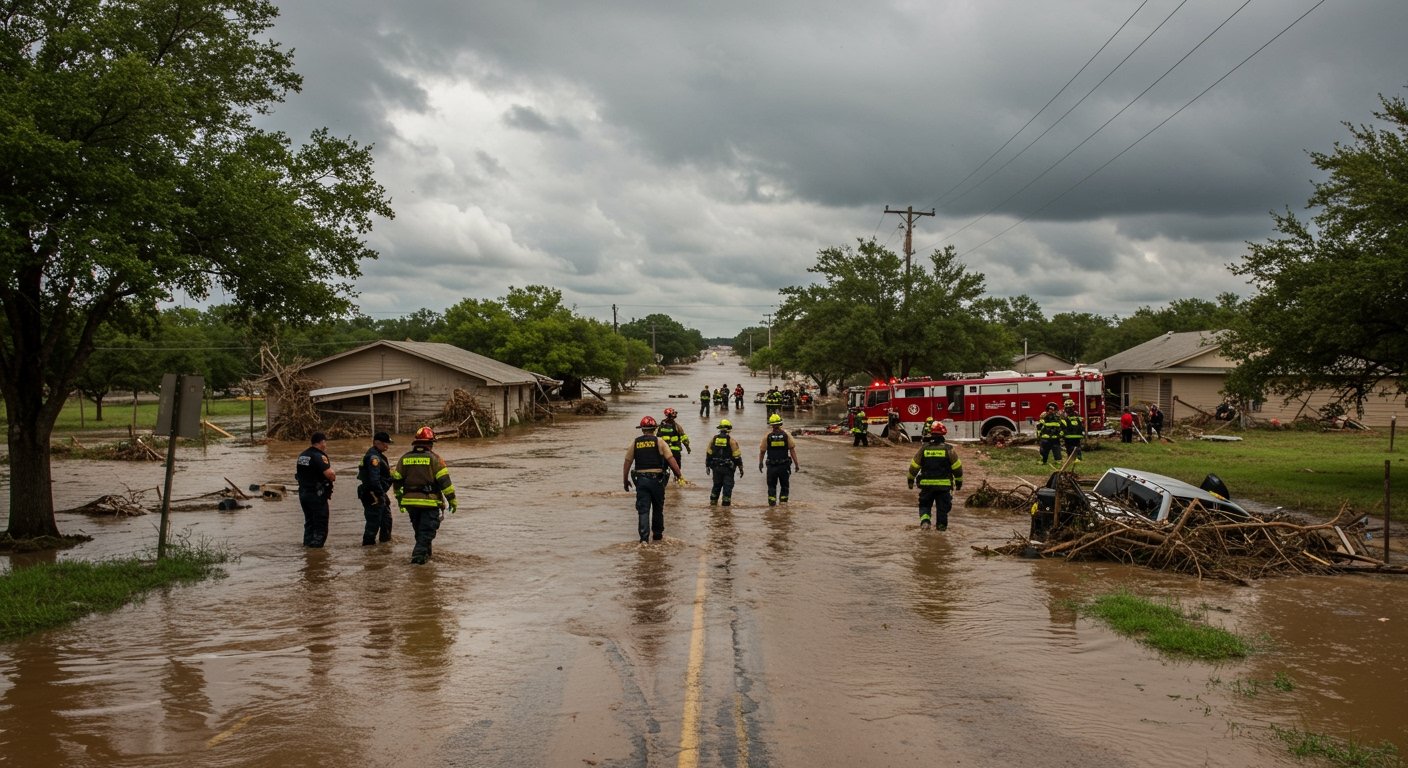The United States has dramatically increased its reward offer for information leading to the arrest of Venezuelan President Nicolas Maduro, announcing a top bounty of $50 million. This significant escalation from the previous $25 million reward underscores the deepening U.S. commitment to addressing what American officials describe as Venezuela’s role in international drug trafficking and its contribution to domestic instability.
Accusations of Narco-Trafficking Leadership
U.S. officials, including Secretary of State Pam Bondi, have explicitly accused President Maduro and other high-ranking Venezuelan officials of orchestrating a powerful drug cartel. According to these allegations, the cartel is directly involved in the trafficking of fentanyl-laced cocaine into the United States. This grave accusation forms the core of the intensified U.S. efforts, aiming to dismantle the alleged criminal enterprise and hold its leaders accountable.
The decision to double the reward is a clear signal of the U.S. administration’s determination to pursue Maduro, who has been a central figure in the ongoing political and economic crisis gripping Venezuela. The U.S. has long sought to isolate Maduro’s government, imposing various sanctions and supporting opposition figures. However, this direct financial incentive for his apprehension marks a new and more aggressive phase in these diplomatic and punitive actions.
Broader U.S. Strategy for Venezuelan Instability
Beyond the immediate pursuit of President Maduro, this substantial reward is framed within a wider American strategy to combat Venezuela’s persistent political and economic instability. The U.S. government views the alleged involvement of Venezuelan officials in international drug trafficking as a significant threat to regional security and a direct contributor to the drug crisis affecting American communities. The fentanyl crisis, in particular, has been a major public health concern, and U.S. officials believe that disrupting the supply chains allegedly controlled by Maduro’s regime is crucial.
This move also highlights the complex geopolitical landscape surrounding Venezuela. For years, the international community has been divided on how to address the Maduro presidency, with many nations continuing diplomatic relations while others, like the United States, have pursued a policy of maximum pressure. The increased reward is likely to further strain these international relations and could prompt renewed debate over the best approach to achieving stability in Venezuela and curbing illicit drug flows.
The United States maintains that the current Venezuelan government is illegitimate and has been responsible for the widespread suffering of the Venezuelan people, including mass displacement and economic collapse. The allegations of narco-trafficking are presented not only as a criminal justice issue but also as an extension of the humanitarian crisis that has unfolded under Maduro’s leadership.
Secretary Bondi’s public statements have been forceful, emphasizing the administration’s resolve. The narrative presented by U.S. officials paints a picture of a regime deeply intertwined with criminal activities, using state power to facilitate the movement of dangerous narcotics. This narrative seeks to galvanize both domestic and international support for the U.S. policy towards Venezuela, positioning Maduro as a key antagonist in the global fight against drugs.
The Impact of the Increased Bounty
The doubling of the reward is expected to generate significant attention and potentially mobilize individuals with direct knowledge of Maduro’s whereabouts or activities. Law enforcement agencies, both within the U.S. and internationally, will likely intensify their efforts to gather actionable intelligence. The effectiveness of such bounties in achieving their stated goals has been a subject of debate in other contexts, but the sheer size of this reward signals a serious intent to achieve a breakthrough.
This story is a developing one, with implications that extend far beyond the borders of Venezuela. It speaks to the broader American commitment to combating transnational crime and ensuring the safety of its citizens. The path forward for Venezuela remains uncertain, but the U.S. stance, as demonstrated by this $50 million reward, is unequivocally clear: President Nicolas Maduro is a primary target in its ongoing campaign.










